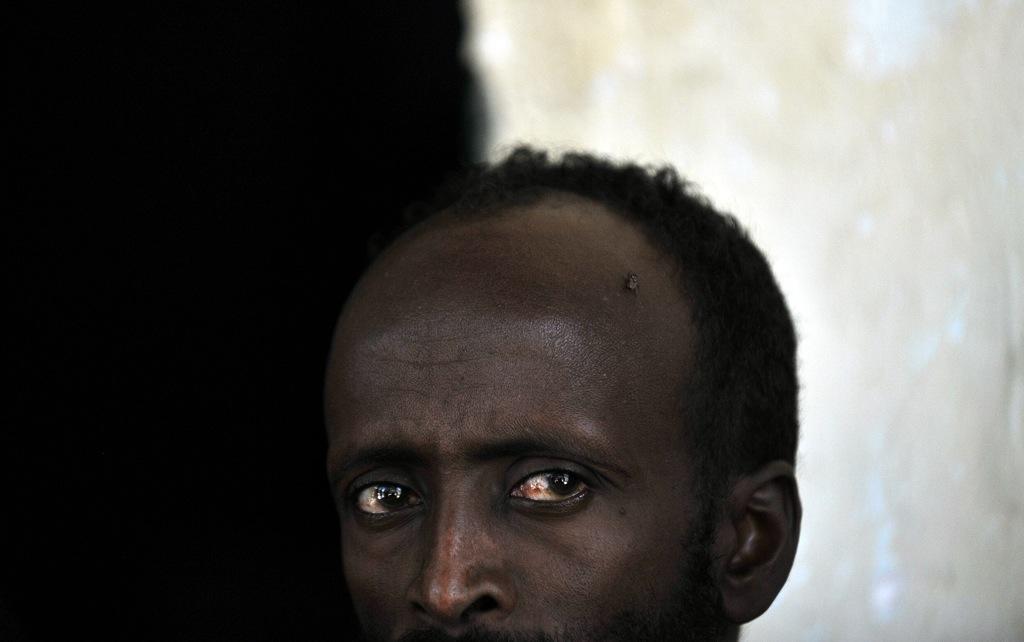Somaliland military court sentences 17 civilians to death
A Somali man convicted of piracy looks on at the Berbera prison in Somalia’s breakaway republic of Somaliland.
A military court in Hargeisa, the capital of Somalia’s breakaway region of Somaliland, has sentenced 17 civilians to death for attacking an army base over a land dispute.
An armed group of almost 30 civilians belonging to the same clan attacked soldiers at the camp on Tuesday, claiming the army had built on land they had owned for generations. A firefight ensued, during which three soldiers were killed, Somaliland’s Defence Minister Ahmed Haji Ali told the BBC’s Somali Service.
More from GlobalPost: Somali pirates' rise linked to illegal fishing and toxic dumping
Twenty-eight people were arrested and held overnight, and the military trial was held the following day. An attack on Somaliland’s military carries a mandatory death sentence for adults, the military court’s chairman told the BBC.
The court convicted the 17 on Wednesday, saying the defendants had confessed to the attack. Riot police dispersed dozens of people who marched through Hargeisa’s streets on Thursday demanding their release, the Associated Press reports.
Suldan Yusuf Muhumad, a clan elder representing the defendants, told the Voice of America that the court’s decision was made so quickly it did not allow justice to take its due course.
A former British colony, Somaliland broke away from Somalia and declared independence in 1991 when the country’s central government in Mogadishu collapsed. It is far more stable than the southern and central regions and holds regular elections, though the international community does not recognize its independence.
More from GlobalPost: A lesson in stability from Somaliland
The story you just read is accessible and free to all because thousands of listeners and readers contribute to our nonprofit newsroom. We go deep to bring you the human-centered international reporting that you know you can trust. To do this work and to do it well, we rely on the support of our listeners. If you appreciated our coverage this year, if there was a story that made you pause or a song that moved you, would you consider making a gift to sustain our work through 2024 and beyond?
